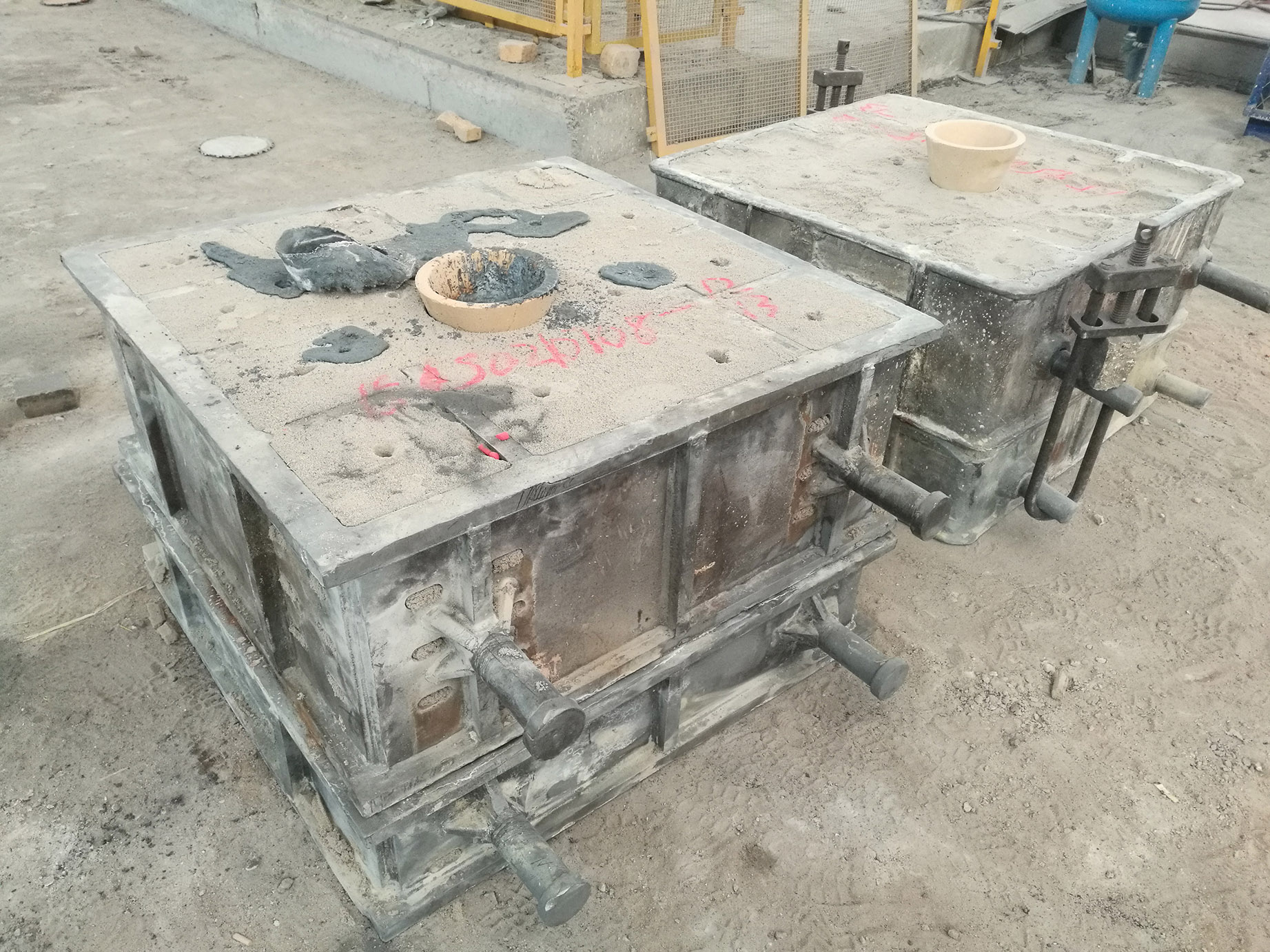Dek . 07, 2024 07:36 Back to list
steel foundry
The Steel Foundry A Pillar of Modern Industry
Steel foundries play a crucial role in the manufacturing landscape, serving as the backbone for numerous industries including automotive, construction, and heavy machinery. These facilities specialize in melting steel and casting it into specific shapes and forms, a process that requires not only precision but also a deep understanding of metallurgy and engineering principles.
The Process of Steel Casting
The steel casting process begins with selecting the appropriate type of steel, which can range from carbon steel to various alloy steels. Once the material is chosen, it is melted in a furnace, usually either an electric arc furnace or an induction furnace, where temperatures can exceed 1600 degrees Celsius. The choice of furnace depends on the desired volume and the quality of steel required for production.
After reaching the desired molten state, the steel is poured into molds. These molds can be made of sand, metal, or ceramic materials, depending on the complexity and scale of the part being produced. The cooling process is critical; it must be carefully controlled to reduce the risk of defects such as cracks or warping. Once the steel has cooled and solidified, the molds are removed to reveal the cast parts, which undergo several finishing processes to achieve the desired specifications.
Quality Control and Innovations
Quality control is a fundamental aspect of operations within steel foundries. Rigorous testing is performed at various stages, from the raw materials used to the finished products. Techniques like non-destructive testing, metallurgical analysis, and dimensional inspections ensure that every piece meets stringent industry standards. Innovations in technology, such as 3D printing and automation, are continually shaping the future of steel foundries, enhancing efficiency, and reducing waste.
Embracing advanced technologies has enabled many foundries to improve their operational efficiency significantly. For example, the integration of Computer Numerical Control (CNC) machines in the finishing process allows for higher precision and quicker turnaround times. Additionally, the implementation of Industry 4.0 principles has empowered foundries to monitor production processes in real-time, facilitating predictive maintenance and reducing downtime.
steel foundry

Environmental Considerations
As with any industrial operation, environmental sustainability is an essential consideration for steel foundries. The melting and casting processes can be energy-intensive and generate significant emissions. However, many foundries are taking proactive steps to minimize their environmental footprint. This includes investing in energy-efficient technologies, recycling scrap metal, and implementing stringent waste management practices.
Furthermore, advancements in green chemistry and sustainable materials are paving the way for more environmentally friendly steel production processes. Efforts to create alternative alloys that utilize less carbon-intensive materials are gaining momentum, aligning the steel foundry industry with global sustainability goals.
Economic Impact and Employment
The economic impact of steel foundries is substantial. They contribute to local and national economies by providing jobs and fostering innovation. Highly skilled workers are essential in the foundry environment, from engineers to mold makers, all of whom play critical roles in transforming raw materials into sophisticated products.
Moreover, steel foundries are often central to regions known for manufacturing. They attract ancillary businesses and create supply chain ecosystems that benefit small and large enterprises alike. The ripple effect of a thriving steel foundry industry can lead to increased economic activity in various sectors, from transportation to commodities.
Conclusion
In conclusion, steel foundries are integral to modern manufacturing capabilities. They embody a unique blend of traditional craftsmanship and cutting-edge technology, producing vital components that support a wide range of industries. As the world increasingly emphasizes sustainability, the steel foundry sector continues to adapt and innovate, ensuring its relevance in the ever-evolving industrial landscape. Whether through advancing methods or enhancing environmental practices, steel foundries remain a pillar of modern industry. Their importance cannot be overstated, as they not only support economic growth but also drive technological progress in an increasingly competitive global market.
-
Centrifugally Cast Iron Water Main Pipe | Ductile Iron Solutions
NewsAug.24,2025
-
Durable Cast Steel Concrete Pipe Mold Bottom Rings & Base Trays
NewsAug.23,2025
-
Centrifugally Cast Iron Water Main Pipe for Reliable Mains
NewsAug.22,2025
-
Durable Centrifugally Cast Iron Water Main Pipe
NewsAug.11,2025
-
Centrifugally Cast Iron Water Main Pipes for Reliability
NewsAug.10,2025
-
High-Quality Centrifugally Cast Iron Water Main Pipes
NewsAug.09,2025


